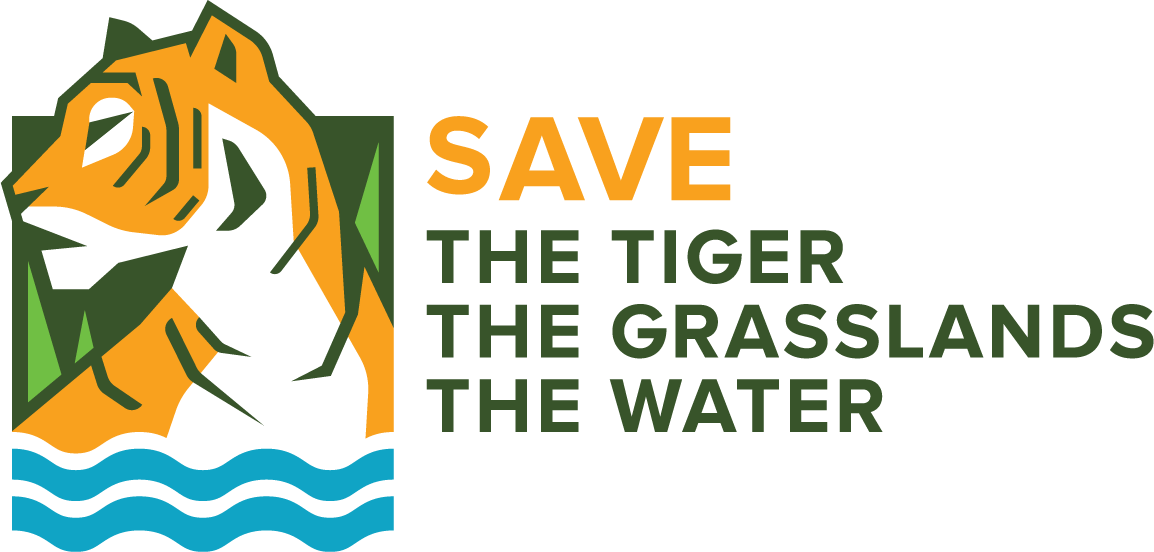Work Package 7: Effects of hydrology and management on food production and -quality for deer
This work package seeks to investigate how both local hydrology (in a quantitative and qualitative sense) and management (controlled burning) affect vegetation production and chemical quality as food for deer.
One of the basic conditions for a viable and sustainable tiger population is the availability of sufficient food during the entire year. Deer is such a food source, but the deer population depends in turn on sufficient food of high quality (high protein content, low content of secondary compounds). Therefore we need to know how the food quantity and food quality depend on hydrological management of the catchment and on vegetation management. This knowledge will provide management tools to ensure a thriving deer population, which is a prerequisite for a viable tiger population.
The activities in this WP are: 1. Transects will be laid that cover a wide range in groundwater level, -dynamics, inundation frequency and chemical composition (using data from WP3, WP5 and WP6, and local knowledge. This study will be coupled with experimental studies in mescosms in an experimental garden in Nepal where hydrological parameters will be manipulated and effects on vegetation production and chemistry will be determined. 2. In the national park vegetation plots will be sampled and productivity will be determined and chemically analysed. 3. Drone flights with spectral cameras will be performed over the national park and vegetation spectra will be determined. From these data and the results of activity 2, maps will be produced that establish chemical quality of the vegetation over large areas. This can be in turn compared with the hydrological maps to establish the relation of hydrological management and forage quality. 4. In the field we will perform burning experiments to study the effect on regeneration of productive, high quality food for deer. This will provide data on an optimal burning management strategy.
This Work Package is Lead by prof.dr. Rien Aerts, Dept of Ecological Science, Vrije Universiteit Amsterdam

